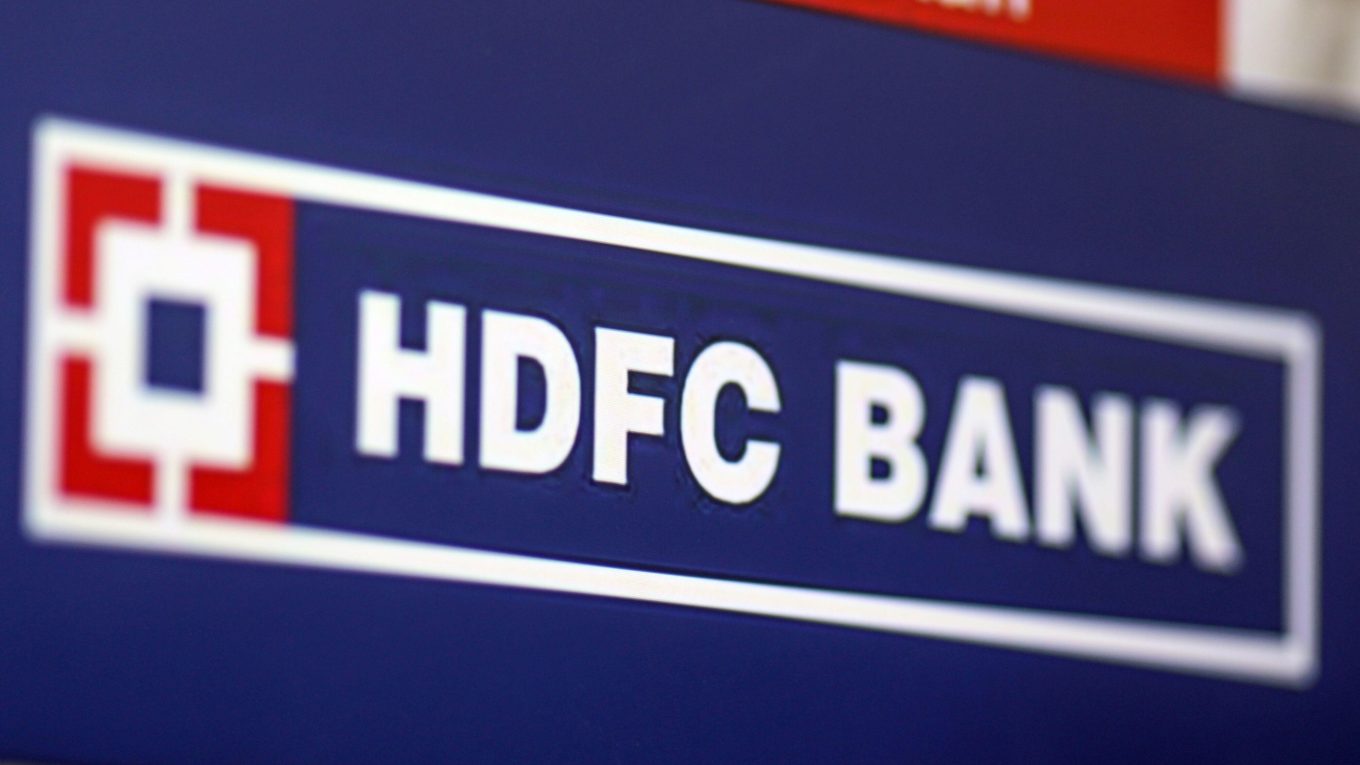HDFC Bank slide triggers worst day for market in last 18 months
HDFC Bank | Image credits: Bloomberg
A precipitous decline in shares of HDFC Bank, the most heavyweight component of the Nifty and the Sensex, on Wednesday, triggered the worst day for the domestic markets in nearly a year and a half.
The Sensex closed at 71,501, shedding 1,628 points or 2.2 per cent, marking the most significant decline since June 13, 2022. The Nifty50 wrapped up the session at 21,572, down by 460 points or 2.1 per cent, the most substantial drop since June 16, 2022.
The disappointing earnings for the December quarter led to an over 8 per cent fall in the stock of HDFC Bank, accounting for more than half of the losses for both Sensex and Nifty — where it holds a weighting of 14.7 per cent and 12.7 per cent, respectively. The fall of HDFC Bank sent ripples through other banking stocks; the Nifty Bank index plummeted 4.3 per cent, its steepest fall since March 7, 2022. HDFC Bank carries a 29 per cent weighting in the Nifty Bank.
Foreign portfolio investors (FPIs) pulled out net Rs 10,578 crore from equities – the highest withdrawal from the domestic markets in a single day. The majority of the selling was witnessed in HDFC Bank, in which FPIs have one of their highest exposures. A record Rs 13,319 crore worth of HDFC Bank shares were traded on the NSE.
The latest decline in the markets wiped Rs 4.59 trillion off investors’ wealth. The India VIX — gauge of volatility — rose to its highest since March 2023, ending at 15.08.
Although HDFC Bank’s net profit met expectations, its net interest margin (NIM) declined. Analysts noted that following the amalgamation of HDFC Ltd, the bank has struggled to establish the drivers necessary for earnings growth. “Post this quarter (December quarter), the levers have been fewer. While we understood that the NIM would bottom out post the merger, it has taken a much longer time to understand where does it settle and the pace of improvement,” stated a note by Kotak Institutional Equities.
The hardening of US Treasury yields also weighed on sentiment and raised concerns about whether the Federal Reserve would lower interest rates at the same pace as the Street has pencilled in.
Statements from European Central Bank (ECB) President Christine Lagarde and Governing Council member Klaas Knot on Wednesday, suggesting that aggressive bets on rate cuts are not conducive to the battle against inflation, unsettled investors. The remarks from ECB officials came a day after Federal Reserve Governor Christopher Waller advocated for careful and methodical rate cuts. Waller argued that amid a gradual decline in inflation and robust economic activity, there was no need for rate cuts in haste.
Also, the surge in inflation in the UK for the first time in 10 months led investors to pare their bets on a rate cut by the Bank of England. Besides, Asian markets declined as China’s economic data indicated a sluggish recovery.
“HDFC Bank’s result was not the trigger the markets were hoping for. Although there was nothing disastrous about it, everyone hoped this would be the last quarter when NIMs are under pressure. But it hasn’t worked that way. There are no real triggers now for the markets to move higher. Moreover, Fed and ECB officials have stated that interest rates won’t happen quickly. And it means the RBI is unlikely to cut rates before other central banks,” said Andrew Holland, CEO of Avendus Capital Public Markets Alternate Strategies.
The 10-year US bond yield was trading at 4.11 per cent after starting the month below 3.9 per cent.
“All the positives which were driving the markets are still valid. Usually, a steep fall of this magnitude is followed by a bit of rise due to buying on the dips and short covering the next day. I won’t be surprised if the markets gain. But one has to be mindful of the tensions in the Red Sea and the muddled outlook for rate cuts,” said U R Bhat, co-founder of Alphaniti.
Only 1,224 stocks advanced on the BSE, while 2,602 fell. Among sectoral indices, barring technology stocks, all others ended with losses. Metal and commodity stocks were the hardest hit after banking.
First Published: Jan 17 2024 | 8:47 PM IST
